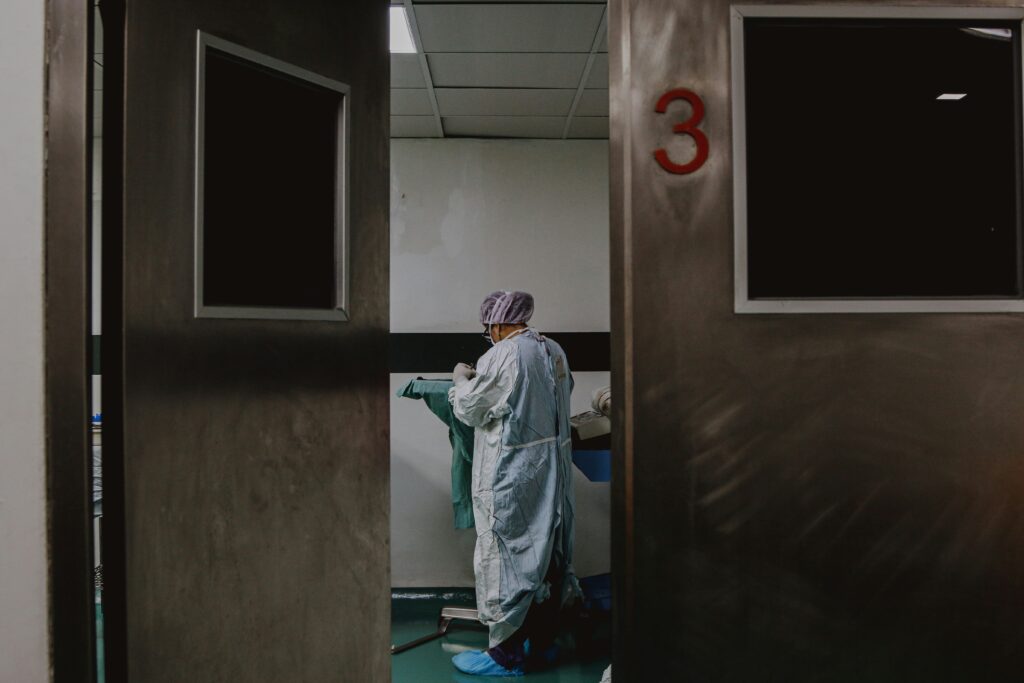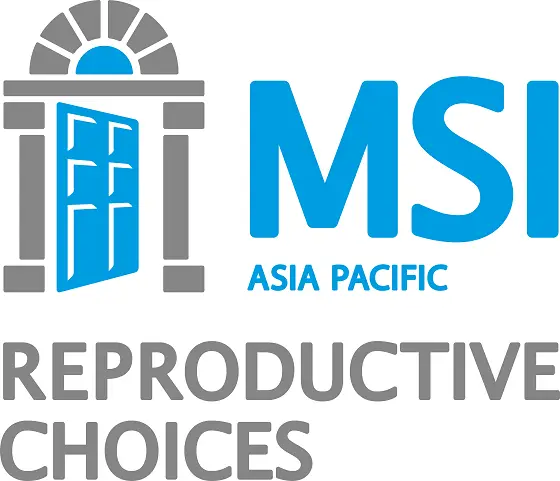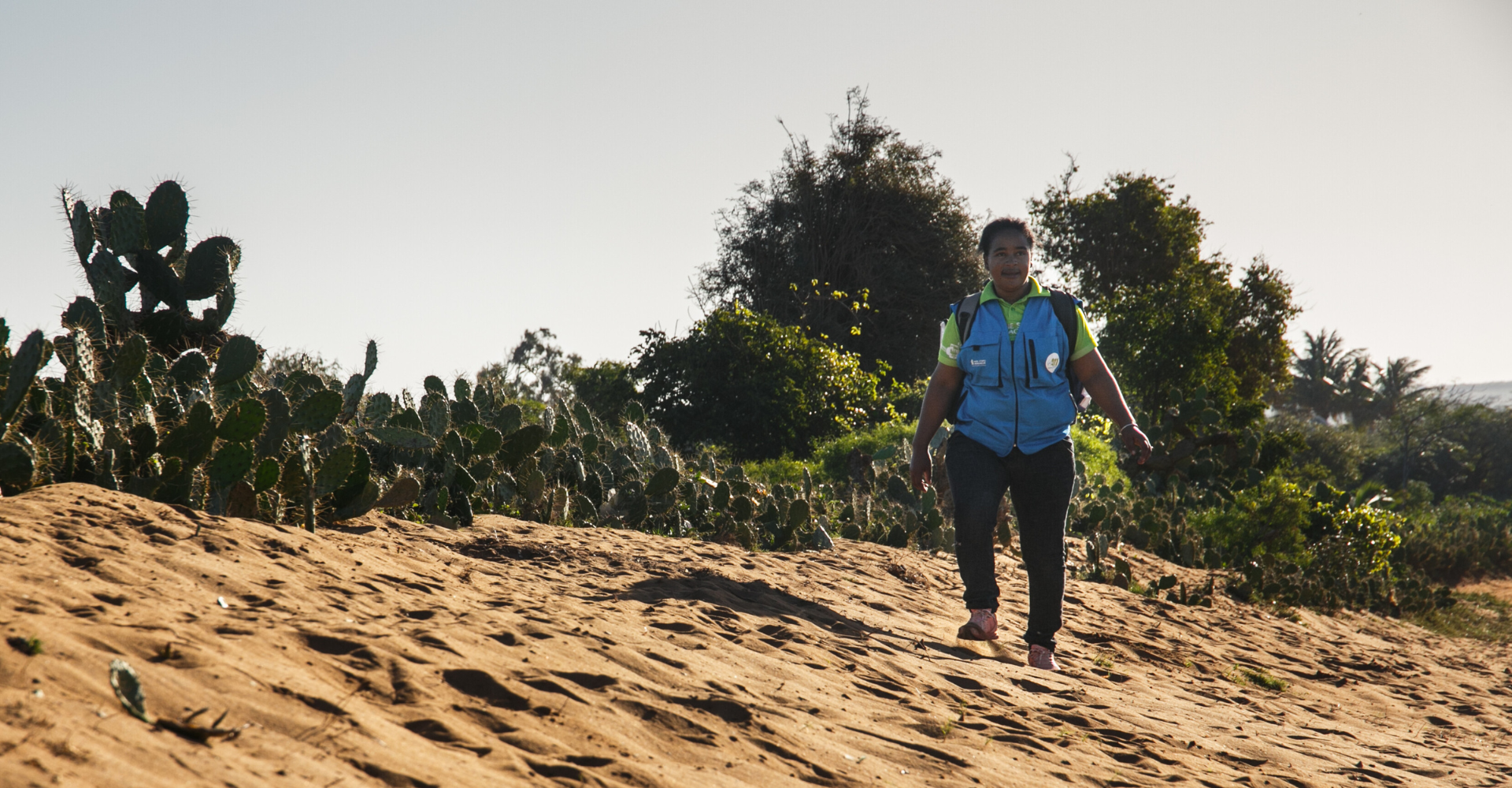Each year, August 19 marks World Humanitarian Day. It’s a day to spotlight humanitarian crises, recognise those saving lives, and call for better protection for humanitarian aid workers.
If asked what humanitarian work involves, most people would picture the provision of shelter, food and urgent healthcare for survivors of wars and disasters.
So where does sexual and reproductive healthcare fit in?
In crisis, women and girls are the most impacted
In their communities, women and girls are often the least likely to have decision-making power.
A high risk of sexual and gender-based violence, both in their homes and their communities, can often make it challenging for women and girls to move freely.
This can intensify during crises, where women may be forced to seek refuge in crowded and unsafe temporary accommodation, or may experience sexual violence as a weapon of war.
Our modeling shows:
– During humanitarian crises, one in five women and girls report experiencing sexual violence.
– Sixty percent of preventable deaths due to childbirth or pregnancy occur during conflict, displacement, or natural disasters.
– Child marriage has been seen to increase during humanitarian crises, with higher rates of child marriage among affected and displaced communities.
– 14 million women are at risk of losing access to contraception due to climate-related displacement between 2021-2031.
This could lead to around 6.2 million unintended pregnancies, 2.1 million unsafe abortions, and 5,800 maternal deaths.
The Asia and Pacific regions are especially vulnerable to climate-related events including typhoons, flooding and heatwaves. In many of these countries, civil conflict is also taking a toll on healthcare access.
We know that in times of crisis, access to sexual and reproductive healthcare, including family planning options, supports the resilience of women, girls and their communities.
MSI is finding innovative ways to reach them when they need it most.
In Pakistan, our locally registered implementing partners reached women with lifesaving care during the devastating Pakistan floods of 2022. Fifteen mobile outreach teams travelled into affected areas, providing postnatal and antenatal care, emergency contraception, condoms, menstrual kits and clean birth delivery kits.
In Myanmar, MSI ladies are working in high-conflict areas, including the Kachin State, to ensure that women can still access information and contraception.
For some women, this means the ability to choose a longer-acting form of contraception that isn’t impacted by travel restrictions or disruptions to health services.
Sexual and reproductive healthcare workers deserve recognition and safety
Dr Tasneem Fatima, Director of Health Services in Pakistan, recognises the enormous courage of healthcare workers during humanitarian crises:
“Going to the frontlines has been difficult, both logistically and emotionally. Anyone travelling into the flood-affected areas is risking their life … Some of the people we’ve come across have told me: ‘You are the first people to come here and help us.’ Almost all our providers are women — their bravery has been extraordinary.”
The UNFPA also highlights the alarming rates of violence against healthcare workers and the impact on reproductive healthcare:
“The killing or kidnapping and detention of health workers in conflict zones have soared to unprecedented levels; 2023 was the most dangerous year on record for aid workers, and 2024 is set to be even worse.
Health facilities, including maternity hospitals, are being destroyed, damaged and looted in conflict zones around the world, cutting off access for women and girls to life-saving care, with catastrophic consequences.”
We firmly believe that healthcare workers, no matter which communities they serve, must be protected from attacks.
Looking ahead
In an era of intensifying wars and climate disasters, humanitarian aid must include sexual and reproductive healthcare. Dr Tasneem Fatima says:
“In Pakistan, we are living through the stark reality of the climate crisis. We must prepare for the future. That means delivering climate-resilient reproductive health programmes and strengthening community health infrastructure. Women and girls should always have access to essential reproductive healthcare—both in normal times and during an unthinkable crisis like this.”
As governments are increasingly required to turn their attention to emerging crises, it’s essential that sexual and reproductive healthcare and rights continue to progress.
We’ll continue providing rights-based sexual and reproductive healthcare, whether during crisis or to support community resilience for the future.
With women’s and girls’ lives and futures at stake, nothing could be more important.
Support our work to strengthen health systems and build community resilience here.


